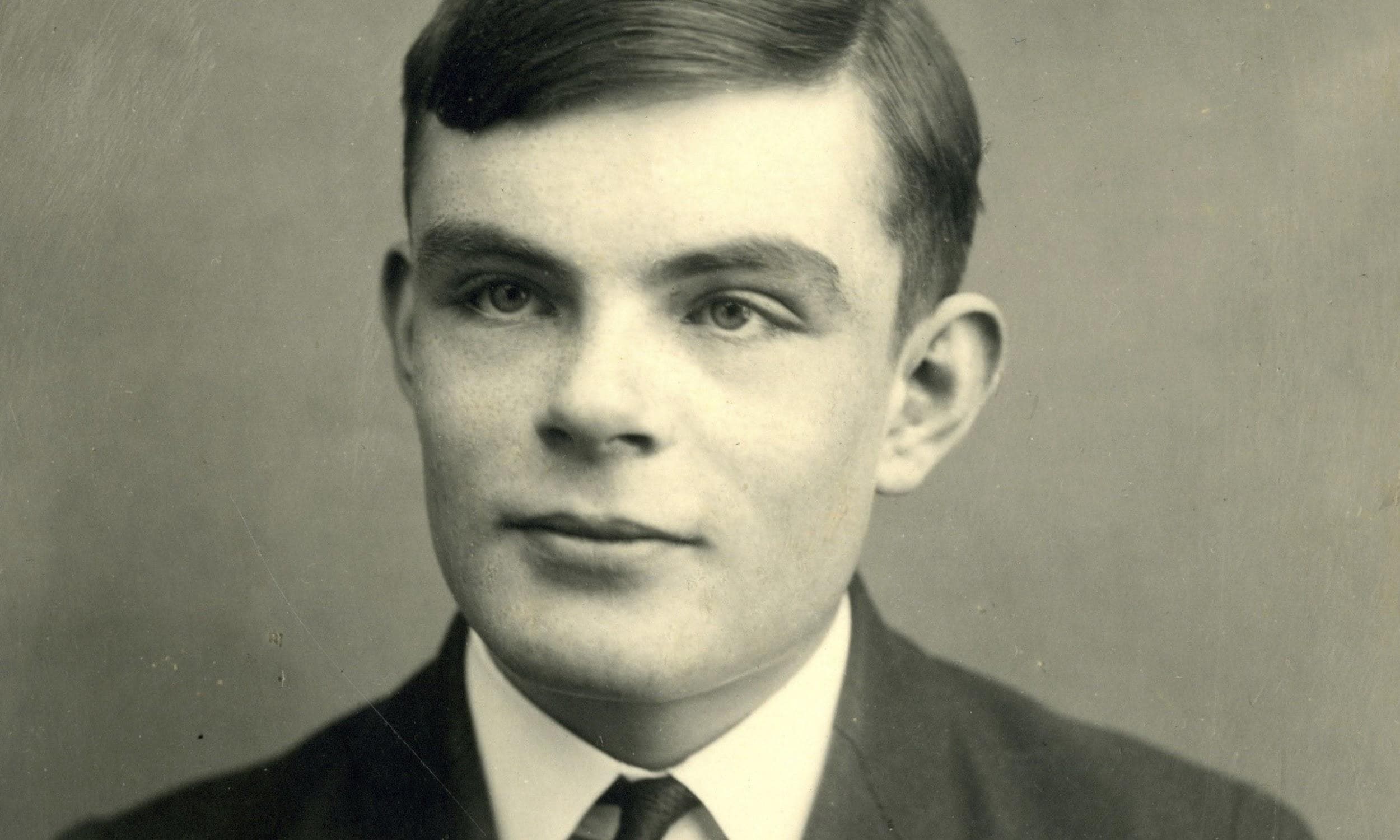History of c
History[edit]
Early developments[edit]
The origin of C is closely tied to the development of the Unix operating system, originally implemented in assembly language on a PDP-7 by Ritchie and Thompson, incorporating several ideas from colleagues. Eventually, they decided to port the operating system to a PDP-11. The original PDP-11 version of Unix was developed in assembly language. The developers were considering rewriting the system using the B language, Thompson's simplified version of BCPL.[9] However B's inability to take advantage of some of the PDP-11's features, notably byte addressability, led to C.
The development of C started in 1972 on the PDP-11 Unix system[10] and first appeared in Version 2 Unix.[11] The language was not initially designed with portability in mind, but soon ran on different platforms as well: a compiler for theHoneywell 6000 was written within the first year of C's history, while an IBM System/370 port followed soon.[1][10] The name of C simply continued the alphabetic order started by B.[12]
Also in 1972, a large part of Unix was rewritten in C.[13] By 1973, with the addition of
struct types, the C language had become powerful enough that most of the Unix's kernel was now in C.
Unix was one of the first operating system kernels implemented in a language other than assembly. (Earlier instances include the Multics system (written in PL/I), and MCP (Master Control Program) for the Burroughs B5000 written in ALGOL in 1961.) Circa 1977, Ritchie and Stephen C. Johnson made further changes to the language to facilitate portability of the Unix operating system. Johnson's Portable C Compiler served as the basis for several implementations of C on new platforms.[10]






No comments: